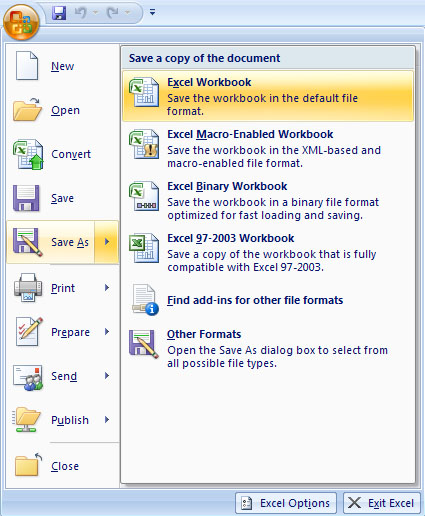The news from all directions is that Halo 3 had a big day, with “first day” sales of $170 million, which actually includes advance sales as well. Let’s take the report from the XBox.com web site as the canonical version of the tale:
Microsoft today announced that Halo® 3 has officially become the biggest entertainment launch in history, garnering an estimated $170 million in sales in the United States alone in the first 24 hours. The Xbox 360™ title beat previous records set by blockbuster theatrical releases like Spider-Man 3 and novels such as Harry Potter and the Deathly Hallows.
I’m not sure who determines whether this is true or not “officially,” but before the boys at Guinness update their book, let’s examine.
Halo 3 is a video game. Spiderman is a film. Harry Potter is a book. These have very different sales models, so it is odd to compare them and declare one of them as “biggest entertainment launch in history”. But if you want to compare different media, then by what objective criterion can you exclude television? Certainly, TV is entertainment, right? Although the sales revenue in broadcast television comes from advertisers, not from the viewers, these are booked as sales nonetheless.
So, let’s take the Super Bowl, television’s annual blockbuster. In 2007, estimates are that CBS took in $162.5 million for in-game advertisements, a further $78.1 million in pre-game and post-game show advertisements. Local network affiliates took in an additional $42.2 million in local spots. This gives a total for Super Bowl XLI advertsing sales of $233.8. Also we need to factor in ticket sales. At $600/ticket (for legitimate tickets — let’s ignore the inflated secondary market) and with Dolphin Stadium having a capacity of 76,600, this comes out to an additional $46 million. So the total of tickets plus advertising for this one-day media event was $279.8 million, or 65% more than Halo 3’s first-day sales. Sorry, Master Chief.
So the claim that Halo 3 has “officially become the biggest entertainment launch in history” is unsubstantiated, in my opinion. The sales of Halo 3 are undoubtedly strong, but let’s drop the hype and give the gridiron its due.

